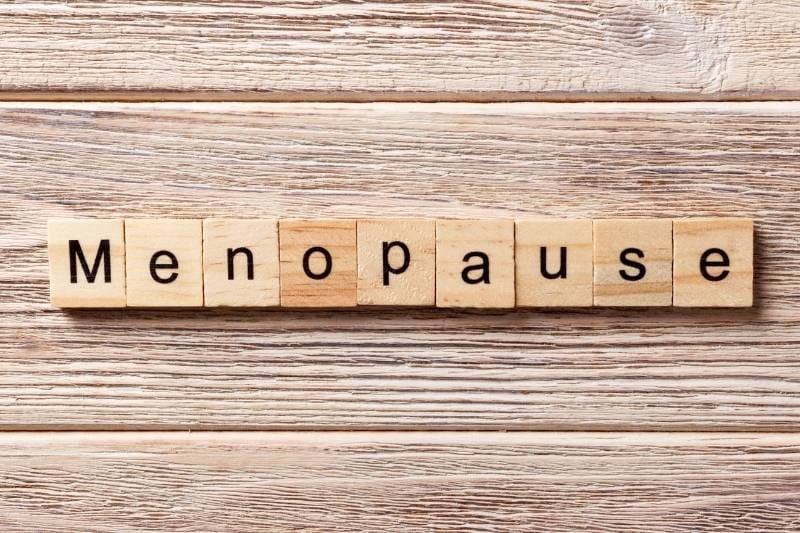Can sleep really affect weight loss? While eating well and moving more are key parts of the picture, sleep is often the missing piece. How much and how well you sleep can change your hunger, energy, and how your body stores fat.
I love my 7+ hours of sleep. When my coaching clients check in each week, sleep is one of the things we often talk about. I’m always less hungry and more in control when I’ve had proper rest. Most of my clients notice the same.
1. Hormonal Balance That Keeps Hunger in Check
When you sleep well, your hunger hormones work properly. The two main hormones involved are ghrelin and leptin. Ghrelin increases your appetite and leptin tells your brain when you’re full. If you are sleep-deprived, ghrelin goes up and leptin goes down. That means you’ll feel hungrier and be more likely to snack, graze, or reach for sugary foods.
Even one night of poor sleep can throw this balance off. If you’ve ever had a bad night and found yourself craving biscuits, crisps, or something sweet the next day, this is why. The body is trying to make up for the lack of energy with fast fuel.
2. Better Sleep Improves Insulin Sensitivity
Insulin helps move sugar out of your bloodstream and into your muscles to be used for energy. But when you don’t get enough sleep, your cells can become less responsive to insulin. This means your body needs to produce more insulin to do the same job.
Higher insulin levels can encourage your body to store more fat. Over time, this makes it harder to lose weight, especially if your diet also includes a lot of refined carbs or you tend to eat late at night.
3. Lower Cortisol, Less Stress Eating
Not sleeping enough can lead to increased levels of cortisol, your body’s main stress hormone. Cortisol has a few different jobs, and one of them is triggering the release of glucose for quick energy. That’s why you often feel hungrier and crave sugary or high-fat foods when you’re tired and stressed.
Long-term high cortisol can also lead to fat being stored around the middle of the body. This is especially common in people who are stressed, not sleeping well, and not eating in a consistent routine.
4. More Energy Means More Movement
If you’re sleeping well, you’re much more likely to wake up feeling refreshed and ready to move. That might mean a proper workout, but it also includes walking more, fidgeting, doing household jobs, or just being up and about.
All of this movement adds to your daily energy expenditure. When you’re tired, the opposite tends to happen. You move less, sit more, and might even skip training sessions because you just don’t feel like it.
5. Sleep Helps You Keep Muscle
Whether you’re lifting weights or not, your body still needs sleep to repair, rebuild, and maintain muscle tissue. This matters for weight loss because muscle burns more calories at rest than fat. The more muscle you have, the easier it is to maintain a healthy weight.
Sleep is when a lot of recovery takes place. That includes muscle repair, hormone regulation, and all the things that help your body hold on to lean tissue. Poor sleep can get in the way of this and make it harder to lose fat without losing muscle.
6. Better Decisions Start with Sleep
When you’re tired, you’re more likely to make impulsive choices. That includes food. The part of your brain that handles decision-making and willpower becomes less active when you’re sleep-deprived. This makes it harder to resist things like sweets, snacks, takeaways, or second portions.
You’ll also be less motivated to prepare meals, plan ahead, or stick to a routine. In short, tiredness can make everything feel harder. Good sleep makes it easier to stay on track without feeling like you’re forcing it.
Sleep Is the Secret Weapon in Weight Loss
You don’t need perfect sleep every single night. But if you are aiming for fat loss and find yourself getting stuck, don’t overlook the role of rest. Getting seven to nine hours of good quality sleep can help regulate hunger, improve energy levels, support muscle mass, and keep your food choices on track.
I see this every day with my coaching clients. When sleep is going well, everything else feels easier. And when sleep is off, progress often slows down.
If you’ve been wondering how to lose weight without feeling restricted, better sleep might be one of the simplest but most powerful changes you can make. It is not just about what you eat or how you move. Rest and recovery matter too.
And if you’re looking for tailored support that includes everything from sleep to workouts and food choices, my weight loss coaching could be the nudge you need to start making real progress.
SUmMARY: SLEEP & Weight Loss FAQs
Can I lose weight just by sleeping more?
Sleep alone will not make you lose weight, but it can make everything else easier. When you sleep well, your hunger is more manageable, your energy is better, and your decisions around food and movement tend to improve. It supports your efforts rather than replacing them.
Is 6 hours of sleep enough for fat loss?
For most people, 6 hours is not quite enough. Adults are usually better off getting 7 to 9 hours of sleep a night. If you regularly sleep less than that, it can affect your appetite, cravings, stress levels, and recovery from training. All of that can make fat loss more difficult.
Should I focus on sleep or exercise for weight loss?
Both are important. If your sleep is poor, you might not feel like exercising, and your food choices may suffer. If you are sleeping well, you are more likely to move your body and stick to your routine. You do not need perfect sleep, but getting enough good quality rest will help your weight loss efforts.
Does poor sleep slow down metabolism?
Lack of sleep does not shut down your metabolism, but it can affect how your body uses energy. When you are tired, your body may burn fewer calories and store more fat, especially if you are also eating more or moving less.
Why do I crave sugar when I am tired?
When you are low on sleep, your body produces more of the hormone ghrelin, which increases hunger. It also raises cortisol, which can trigger cravings for quick energy like sugary snacks. This is your body’s way of trying to get a fast fuel source.
Can sleeping more help me lose belly fat?
Getting enough sleep can help manage hormones that affect where fat is stored. Poor sleep is linked to higher cortisol, which may encourage fat to be stored around the middle. While you cannot spot-reduce fat, better sleep supports overall fat loss, including belly fat.
Is it better to go to bed earlier or just sleep longer?
Consistency matters most. Going to bed at a similar time each night and getting enough total sleep is more important than whether it is early or late. That said, going to bed too late can make it harder to fit in 7 to 9 hours, especially if you have to get up early.
Does napping help with weight loss?
A short nap can help you feel more alert and reduce cravings caused by tiredness. While naps do not replace proper sleep, they can be useful if you have had a rough night. Just keep them short, around 20 to 30 minutes, to avoid feeling groggy.
I can help you…
I am a Weight Loss Coach, successfully helping people just like you to lose weight and keep it off:




